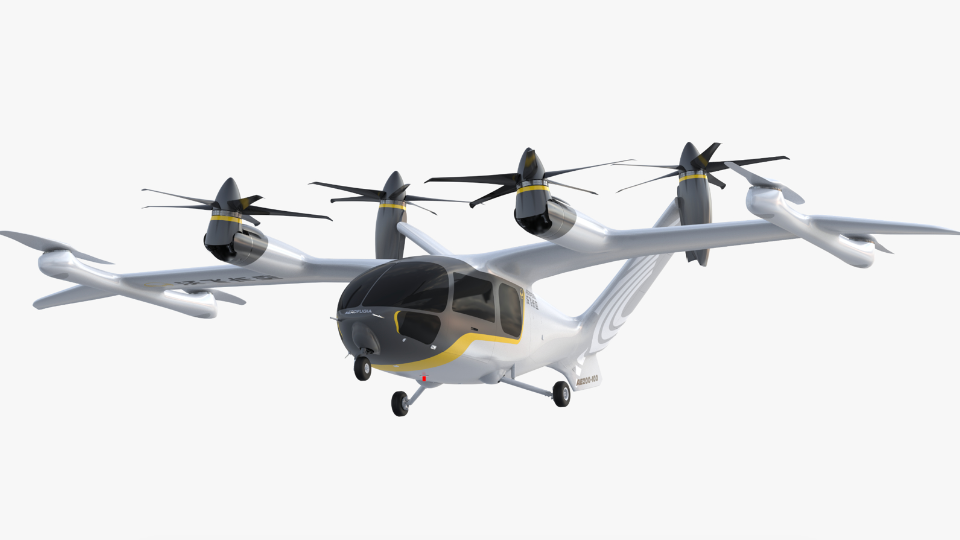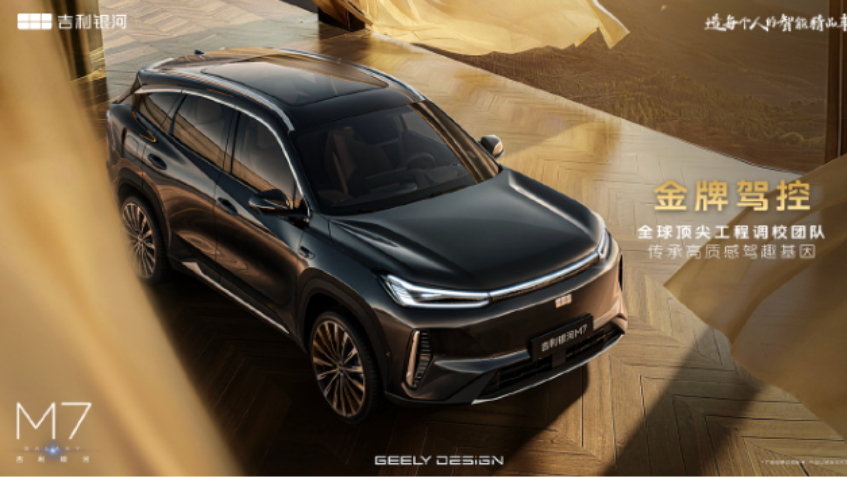Shanghai (Gasgoo)- On June 25, Chengdu city's authority issued the "Development Plan for the New Energy and Intelligent Connected Vehicle Industry in Chengdu (2023-2030)" (referred to as “the Plan”).
According to the Plan, Chengdu city aims to achieve an overall scale of the automotive industry of 300 billion yuan and a total local production of 1 million vehicles (excluding output from subsidiaries in other regions) by 2025. Among them, the number of new energy vehicle (NEVs) running on roads is expected to reach 800,000 units and 250,000 in terms of production volume. By 2030, the supply chain and innovation chain of the new energy and intelligent connected vehicle industry in the city will have strong international radiation capabilities.

Volvo Cars' Chengdu factory; photo credit: Volvo Cars
Regarding the key areas of focus to achieve this goal, the Plan clearly outlines three major areas: accelerating electrification, focusing on intelligence, and promoting hydrogen development.
At the vehicle level, Chengdu will concentrate on the development of electric passenger vehicles, commercial vehicles, and specialized vehicles, including pure electric, extended-range hybrid, and plug-in hybrid models. The Plan emphasizes the need to upgrade existing vehicle manufacturers and introduce popular models. Additionally, the city aims to develop pure electric commercial vehicles, especially in the medium and heavy-duty truck segment, using efficient hybrid and battery swapping technologies. The Plan also highlights the development of pure electric special vehicles such as sanitation trucks, concrete mixers, and engineering vehicles.
As for intelligence, Chengdu has made initial progress in building an intelligent connected vehicle system. In terms of key hardware, the city has fostered more than 10 automotive chip design companies and assembled a group of sensor enterprises.
The city has also accumulated capabilities in software development through companies specializing in intelligent cockpit and intelligent driving software. Chengdu aims to strengthen the development of key software products related to intelligent vehicles, such as intelligent vehicle operating systems, driving systems, middleware, high-precision maps, simulation testing, vehicle intelligence operations, and in-vehicle applications.
Chengdu will focus on the development of Level 2 and above autonomous driving vehicles in the passenger and commercial vehicle segments, with the goal of achieving large-scale production of Level 3 and Level 4 autonomous vehicles. In particular, the city aims to explore the implementation of higher-level (Level 3, Level 4, and above) autonomous vehicles on a larger scale in specific areas and scenarios, such as industrial parks, scenic spots, airports, ports, and mines.
By 2025, Chengdu plans to exceed 10 million kilometers of autonomous driving test distance, gradually opening up road testing in other areas, and promoting the adoption of Level 2 and above intelligent connected vehicle system, which will account for over 70% of new vehicle installations.
Notably, the Plan also gives significant attention to hydrogen fuel cells.
At the level of complete vehicles, the Plan prioritizes the development of hydrogen fuel cell heavy-duty vehicles in the commercial and specialized vehicle sectors. Chengdu aims to accelerate the scale production and demonstration operation of hydrogen fuel cell buses, logistics vehicles, special-purpose vehicles, sanitation vehicles, dump trucks, and concrete mixers. The Plan also encourages the development of independently controllable and highly reliable hydrogen fuel cell heavy-duty trucks and forklifts. In the passenger vehicle sector, exploration will be conducted in the development of hydrogen fuel cell sedans, SUVs/MPVs, and efforts will be made to promote the research, development, and manufacturing of integrated power systems and hydrogen supply systems, as well as safety and monitoring systems for hydrogen fuel cell vehicles.
By 2025, a total of 40 hydrogen refueling stations (including new construction, renovation, and expansion) are expected to be completed in Chengdu city.









